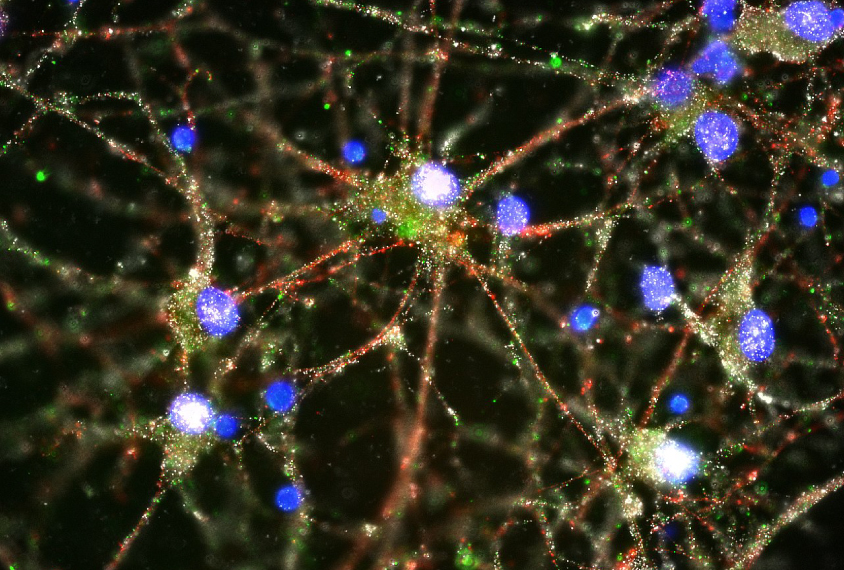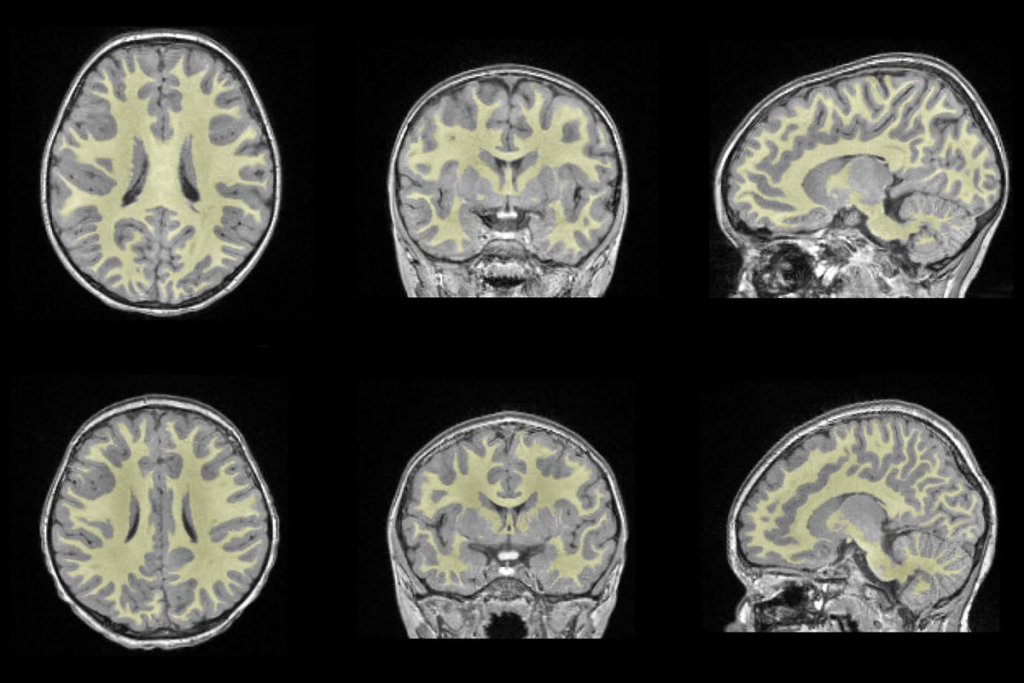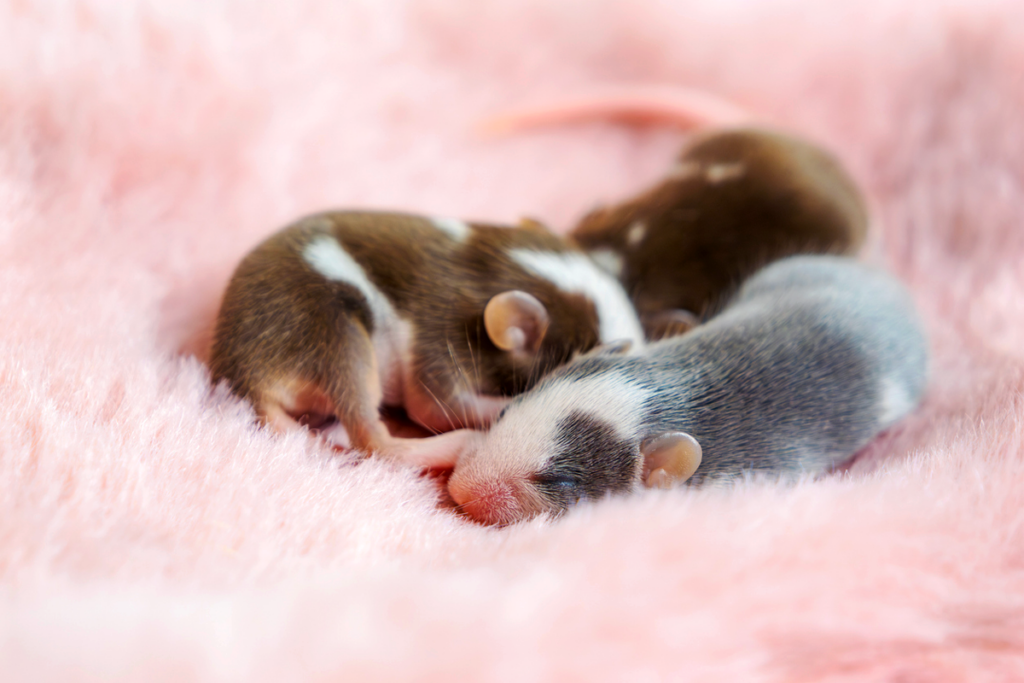Beth Stevens
Assistant Professor, Harvard University
From this contributor
Questions for McCarroll, Stevens: How immune cells sculpt brains
Genetic variants that impair a pathway that prunes neuronal connections may offer clues to autism.

Questions for McCarroll, Stevens: How immune cells sculpt brains
Brain’s immune cells show intriguing links to autism
Emerging evidence indicates that microglia, the brain’s immune cells, are altered in some individuals with autism, raising questions about their role in brain development, says Beth Stevens.

Brain’s immune cells show intriguing links to autism
Explore more from The Transmitter
David Krakauer reflects on the foundations and future of complexity science
In his book “The Complex World,” Krakauer explores how complexity science developed, from its early roots to the four pillars that now define it—entropy, evolution, dynamics and computation.
David Krakauer reflects on the foundations and future of complexity science
In his book “The Complex World,” Krakauer explores how complexity science developed, from its early roots to the four pillars that now define it—entropy, evolution, dynamics and computation.
White-matter changes; lipids and neuronal migration; dementia
Here is a roundup of autism-related news and research spotted around the web for the week of 13 January.

White-matter changes; lipids and neuronal migration; dementia
Here is a roundup of autism-related news and research spotted around the web for the week of 13 January.
Fleeting sleep interruptions may help brain reset
Brief, seconds-long microarousals during deep sleep “ride on the wave” of locus coeruleus activity in mice and correlate with periods of waste clearing and memory consolidation, new research suggests.

Fleeting sleep interruptions may help brain reset
Brief, seconds-long microarousals during deep sleep “ride on the wave” of locus coeruleus activity in mice and correlate with periods of waste clearing and memory consolidation, new research suggests.